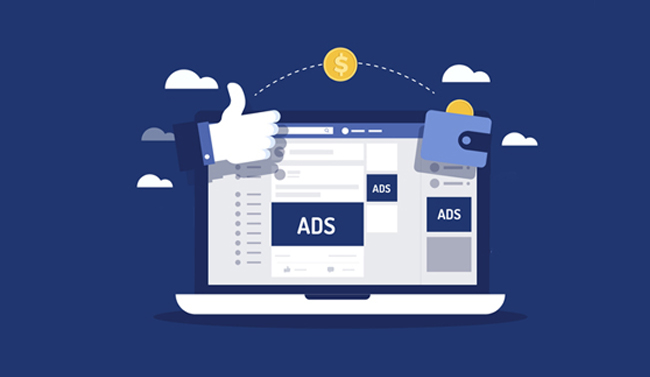When managing your finances, one of the most critical questions is: what time does direct deposit hit? Knowing when your paycheck will be deposited into your account can make budgeting and planning easier and give you a better idea of when you will have access to your funds. In this blog post, we’ll discuss the specifics of when direct deposit hits so that you can plan accordingly.
When does direct deposit hit?
The timing of direct deposits can vary from employer to employer, so it’s essential to check with your employer to find out exactly when your direct deposit will hit. Generally speaking, direct deposits are processed at the end of the business day, so they will typically hit your bank account in the evening or overnight. However, some employers may process direct deposits earlier in the day. It’s best to check with your employer to confirm the exact timing of your direct deposits.
Some employers may also have special timing requirements for certain payments, such as payroll taxes and bonuses. In these cases, checking with your employer is best to ensure the funds are deposited on time.
In some cases, employers may offer direct deposit advance services, which allow employees to access their paychecks before the expected immediate deposit date. This can be a great way to access your funds quickly, but it’s essential to understand the terms and fees associated with this service before taking advantage of it.
How long does it take for the funds to show up in my account?
Direct deposit typically takes a few days to reach your account. Generally, the funds arrive one to three business days after the employer’s payment processing. The exact timing depends on when the employer releases the funds and when your financial institution processes the deposit.
If you are unsure when the funds will hit your account, contact your employer or financial institution to confirm. They may also be able to provide more specific information about your particular direct deposit setup.
Do I need to sign up for anything?
You will generally not need to sign up for anything if your employer uses direct deposit. However, if you change employers or your existing employer is switching payroll providers, you may need to provide your bank account details for the direct deposits to continue. Additionally, if you have multiple jobs and employers, you may need to provide your banking information to each of them separately.
How can I make sure my employer uses direct deposit?
If you’d like to set up direct deposit for your paycheck, the first step is to talk to your employer. Most employers are happy to offer direct deposit as an option, as it helps streamline their payroll process. Ask your employer how to sign up for a direct deposit, and provide them with your bank account information so they can make the transfer.
Sometimes, you may need to fill out paperwork or provide certain documents, such as a voided check or bank statement. Your employer should be able to provide you with the necessary paperwork or instructions.
Once you’ve completed the setup process, you should be all set. This way, you’ll know when to expect the money in your bank account.
What if I have more than one job?
If you have more than one job, you may be able to sign up for a direct deposit for both positions. This means you will have the convenience of depositing your paychecks into one bank account. Depending on the employer, you may need to sign up for direct deposit separately for each job. Be sure to check with your employers to know what’s required.
You can also request that your employers split the deposit between two accounts. This is an excellent option if you want to separate your funds for budgeting or saving purposes. Ensure that you provide your banking information correctly and accurately to ensure that your money arrives in the proper accounts.
What if I’m self-employed?
It’s a great way to manage your finances and ensure that your funds are available as soon as possible. To set up direct deposit for yourself, you’ll need to contact your financial institution or bank and provide them with all the necessary information. This can include proof of identification, a Social Security number, current address, and bank account information.
Once you’ve provided your bank with the required documents and information, they’ll be able to set up direct deposit for you. Typically, the funds will be deposited directly into your account the same day, although this may vary depending on your bank. It’s essential to remember that there may be fees associated with setting up a direct deposit for yourself, so make sure to check with your financial institution before setting up a direct deposit.
There are numerous benefits of setting up direct deposit for yourself if you’re self-employed. Direct deposit can help streamline payments and eliminate the need to transfer funds between accounts constantly.
What are the benefits of direct deposit?
Direct deposit is a convenient and secure way to receive payments from your employer or other sources of income. This is much faster than receiving a paper check, which can take days to arrive.
You don’t have to worry about lost or stolen checks with direct deposit. You also don’t need to worry about having enough cash for bills and other expenses.
Direct deposit also helps organize your finances since all your income comes into one bank account. You can easily track your income and expenses using your bank statements and online banking platform. Plus, if you use a budgeting app or spreadsheet, you can quickly and accurately record your income with direct deposit.

